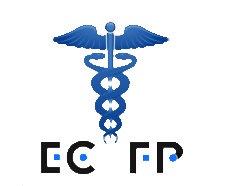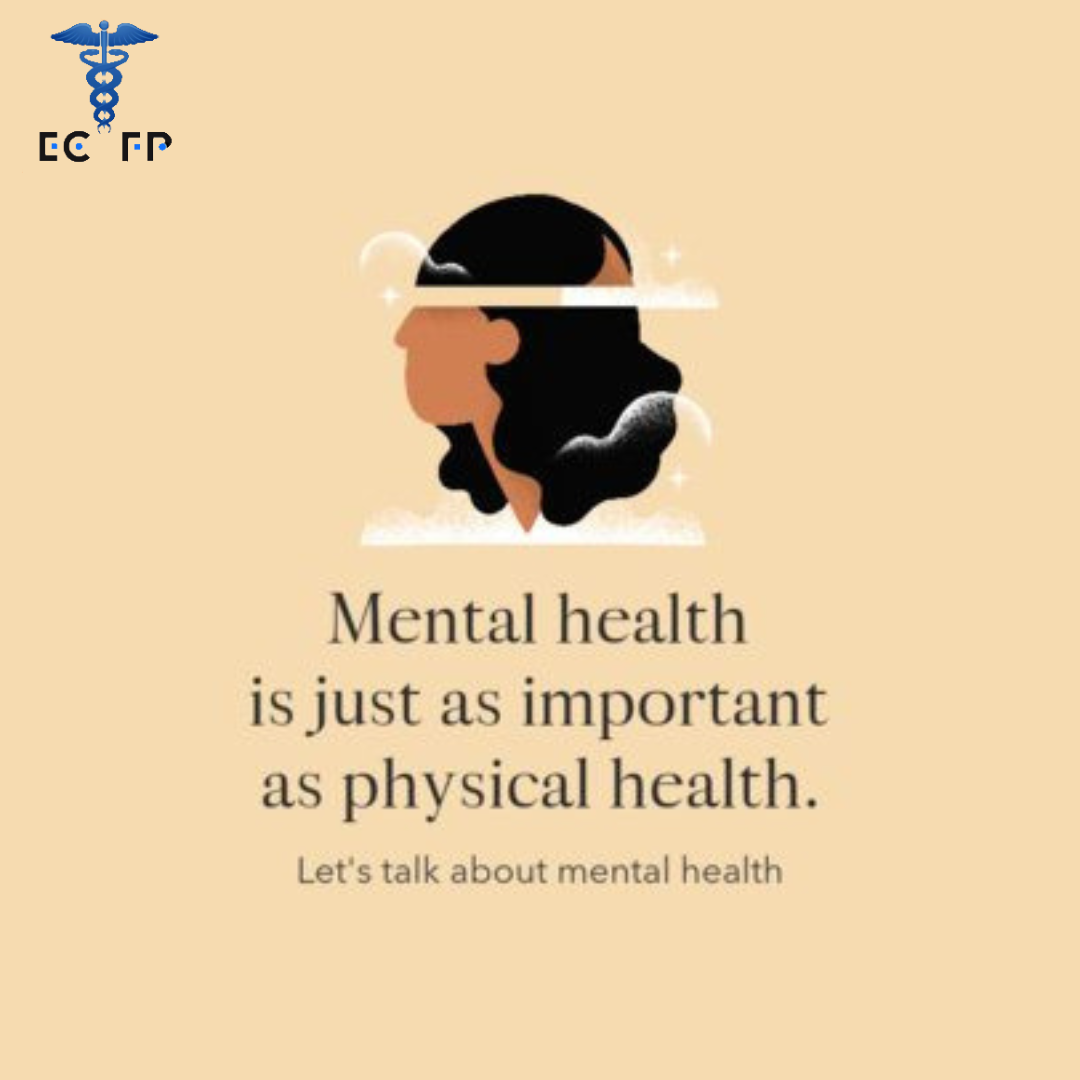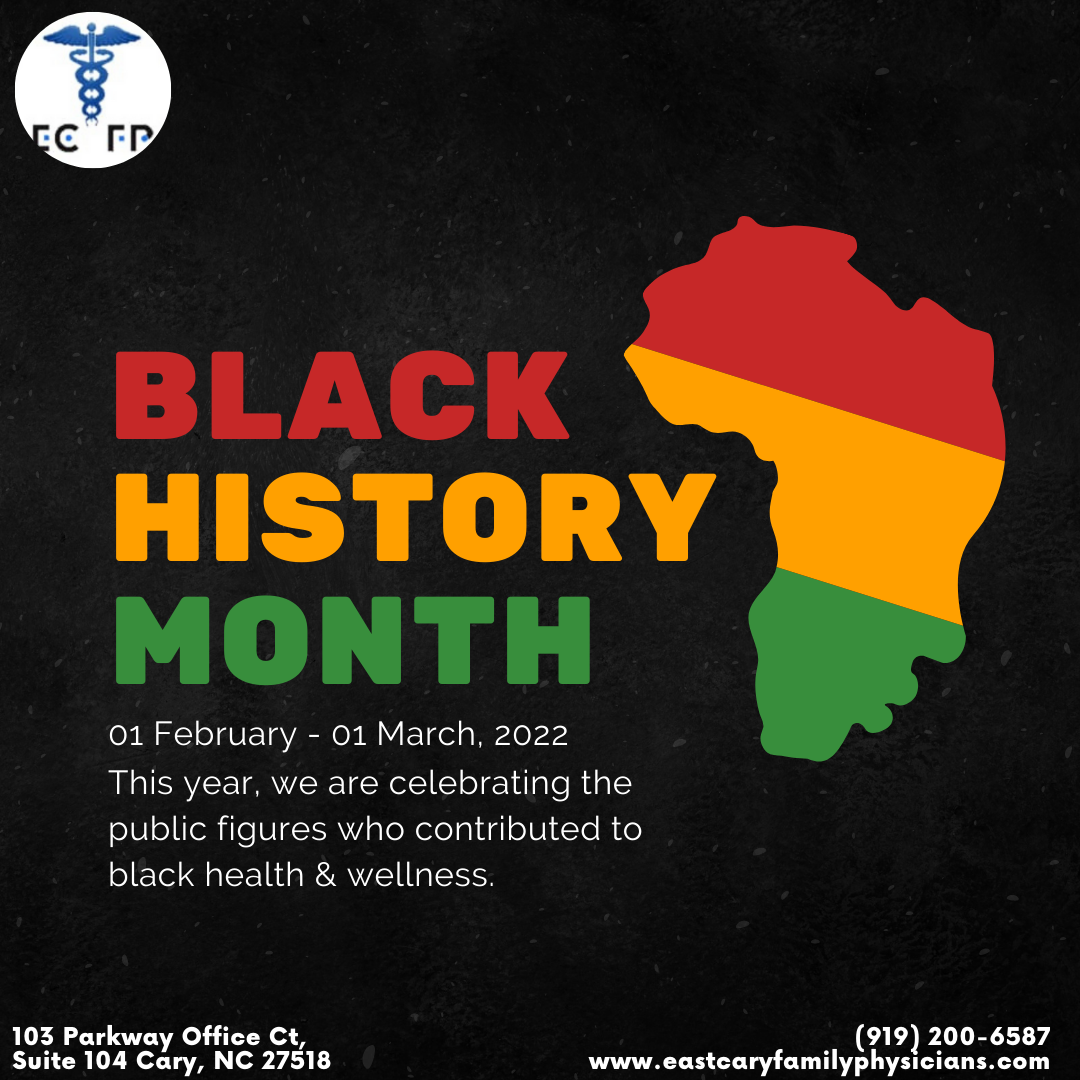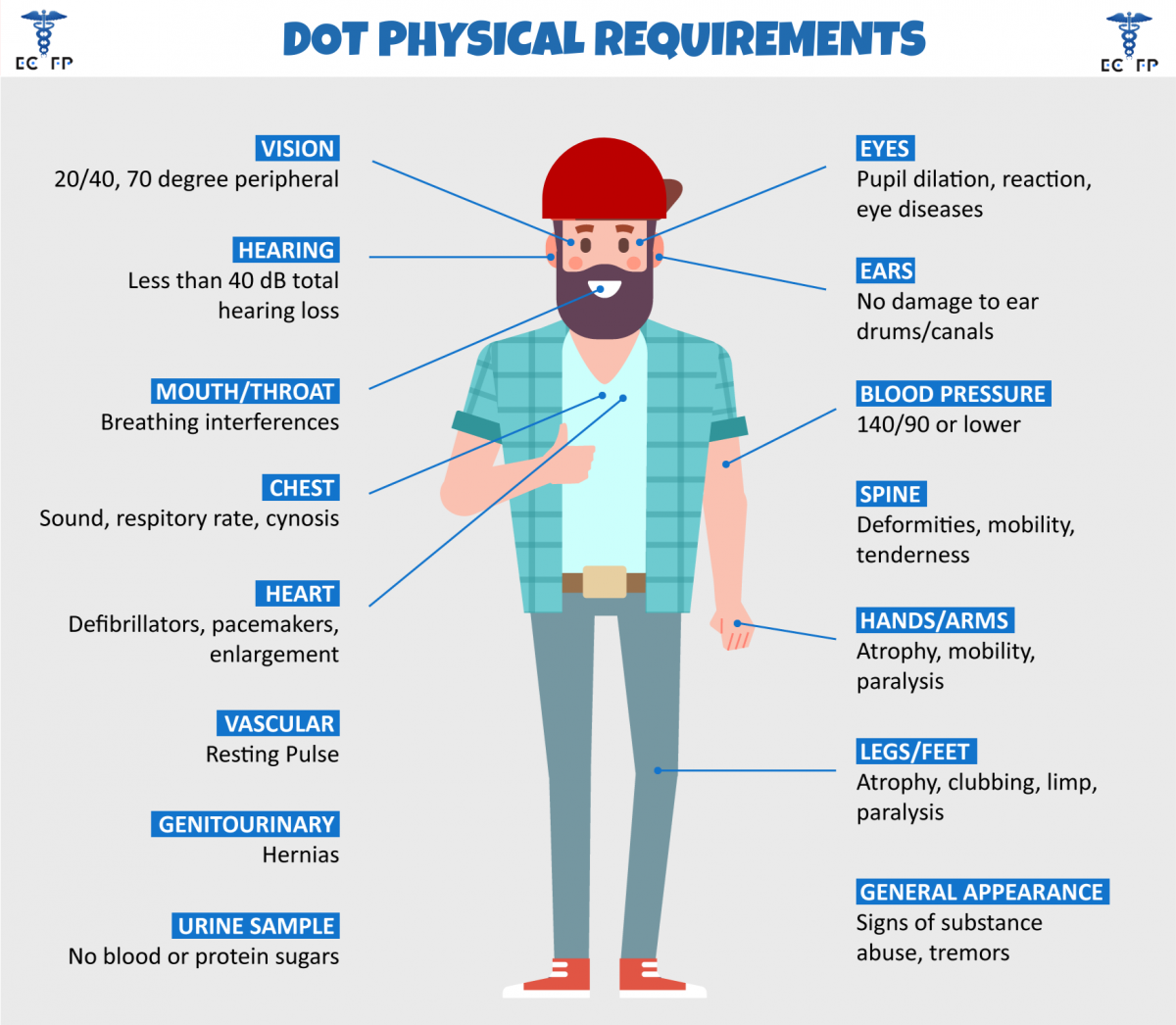Participation in sports and physical activities offers numerous benefits, from improved cardiovascular health to enhanced mental well-being. To ensure a safe and healthy experience, it’s crucial to prioritize sports physicals for athletes of all ages. As your trusted family physicians, we understand the significance of ensuring your child’s health and safety before they dive into the world of school sports and physical activities. In this blog, we’ll explore the vital role of sports physicals in preparing your young athletes for a successful and injury-free school year.
The Role of Sports Physicals:
Sports physicals, also known as pre-participation physical examinations (PPE), are comprehensive assessments aimed at evaluating your child’s physical health and fitness before they engage in organized sports and physical activities. These examinations provide a thorough understanding of your child’s overall well-being and help identify any underlying medical conditions that could impact their performance or safety on the field.
Key Components of a Sports Physical:
Medical History Review: Our experienced family physicians will discuss your child’s medical history, including any previous injuries, allergies, chronic conditions, and family medical history.
Physical Examination: A thorough physical examination will be conducted to assess vital signs, cardiovascular health, musculoskeletal strength, flexibility, and other relevant factors.
Vaccination Status: Ensuring your child’s vaccinations are up to date is essential for safeguarding their health and the health of their teammates against preventable diseases that can spread in group sports settings.
Discussion of Lifestyle Factors: We’ll discuss nutrition, hydration, sleep patterns, and any habits that may impact the child’s performance or health. We’ll provide guidance to optimize your child’s performance and recovery during sports activities.
Benefits of Sports Physicals:
Early Detection of Health Issues: Regular sports physicals can identify underlying health concerns, such as heart conditions or respiratory issues, which might otherwise go unnoticed.
Injury Prevention: Evaluating an athlete’s physical condition helps prevent potential injuries by addressing muscle imbalances, flexibility issues, and other factors that could increase injury risk.
Customized Guidance: Based on the assessment, we can offer tailored advice on training, conditioning, and injury prevention strategies that align with your child’s unique needs and goals.
Clearance for Safe Participation: A sports physical ensures that your child is physically fit to participate in specific sports, reducing the risk of complications during training and competition and promoting a safer and more enjoyable experience.
At East Cary Family Physicians, we’re committed to providing comprehensive care that supports your child’s overall well-being. Our comprehensive sports physicals are designed to provide a solid foundation for a safe and rewarding athletic journey. By detecting potential health issues, preventing injuries, and offering personalized guidance, we aim to empower your child to to perform at their best while maintaining optimal health. Schedule a sports physical appointment with us today and set your family’s athletes on the path to success and well-being.















